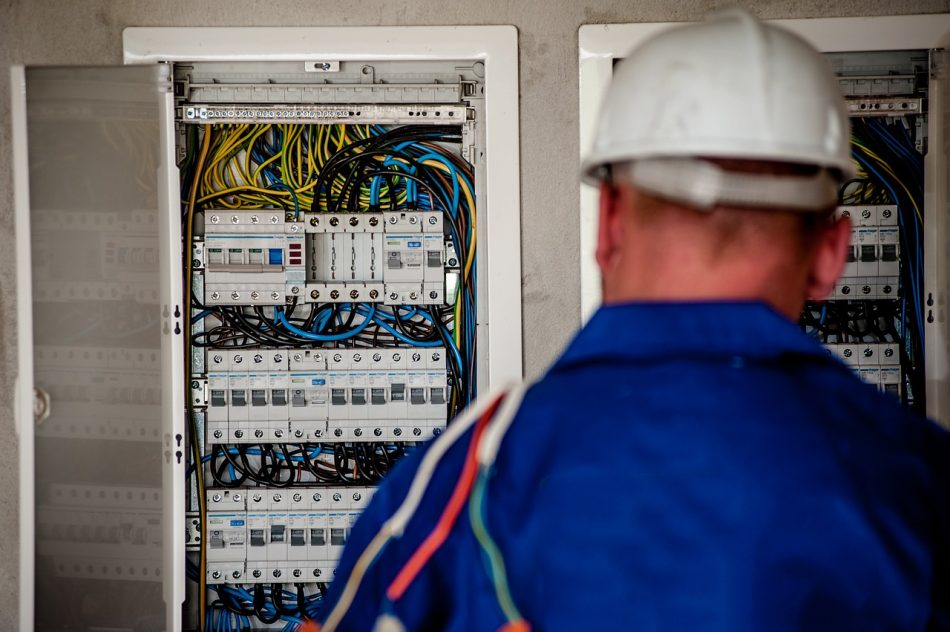“Asking consumers to use electricity at night is humiliating,” says the Spanish consumer organisation FACUA – Consumidores en Acción. The organisation therefore rejects the new electricity tariff and pricing model that comes into effect on 1st June.
The organisation is demanding the Ministry of Ecological Transition reverse the new electricity tariff system. The new tariff works in such a way electricity is much cheaper at night than during the day. According to FACUA, this has far-reaching consequences for the most vulnerable consumers.
The organisation criticises the National Commission for Markets and Competition (CNMC) for promoting the new model as a savings formula. It is cheerfully suggested by CNMC people can save a lot on their energy bill if they do half their housework at night.
The new rates
The off-peak rate is Monday to Friday from midnight to 8 in the morning. During the weekend and on public holidays, the off-peak rate applies 24 hours a day. The highest rate is charged from 10 am to 1 pm and from 6 pm to 9 pm. The average rate is during the remaining hours.
FACUA does not believe the consumer should be held responsible for their high electricity bill because they did not use appliances during the most economical hours. The fact the cheaper hours coincide with when most people are asleep means disturbing routines.
In addition, the peak tariff hours are when most people are at home and need their air conditioning in summer or heating in the winter. The new classification of rates also penalises homeworkers. The most expensive period during the week is from 10am to 2 pm.
Responsibility with the consumer
According to the CNMC, consumers must “behave efficiently”. Doing so reduces “the need to make new investments in networks.” Thus, the responsibility for changing consumption habits is with families. If they get very high electricity bills, it is because they have not handled it properly. In this way it frees the electricity companies from making the necessary investments in improving distribution networks.
Families with low purchasing power most affected
In addition, according to FACUA, the responsibility for having efficient facilities and electrical equipment lies with the consumers. However, a large percentage of families live in houses with low energy efficiency and cannot afford energy-efficient equipment. Therefore, consumers with less purchasing power will generally be the most affected by this rate change.
FACUA also criticises the fact the off-peak hours correspond precisely to the periods when the least industrial consumption takes place. If the off-peak hours coincided with the hours when industrial electricity consumption is greatest, this could in many cases lead to frequent power outages because the distribution networks do not have the capacity for them.
Peak almost 2000% more expensive than off-peak
In the document CNMC posted on its website about The New Electricity Bill, it stated “the price in the off-peak period is 95% lower than that of the peak period” and “the price of energy in the flat period is 69% lower”. In other words, both the contracted power and the energy consumed will be almost 2,000% more expensive in peak periods than the off-peak period.


